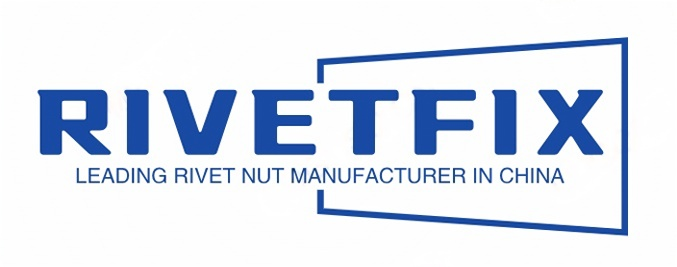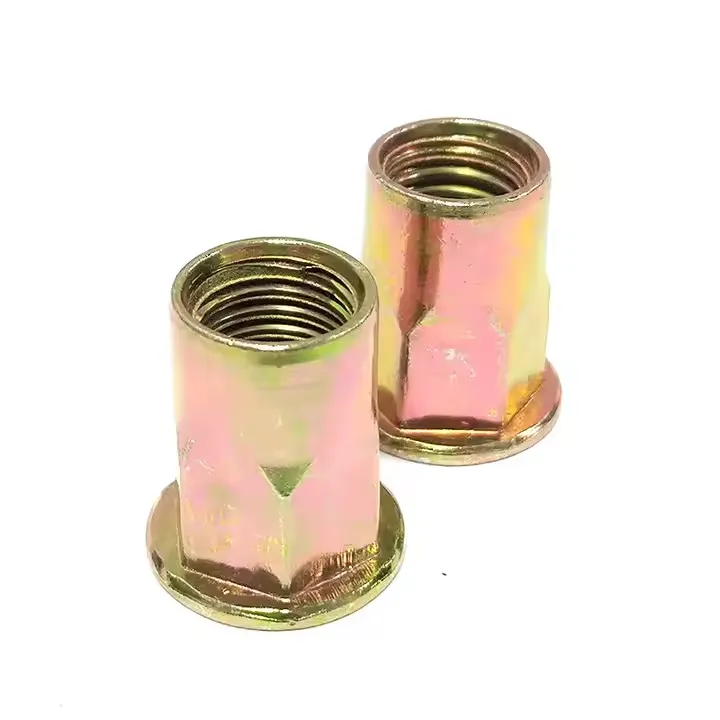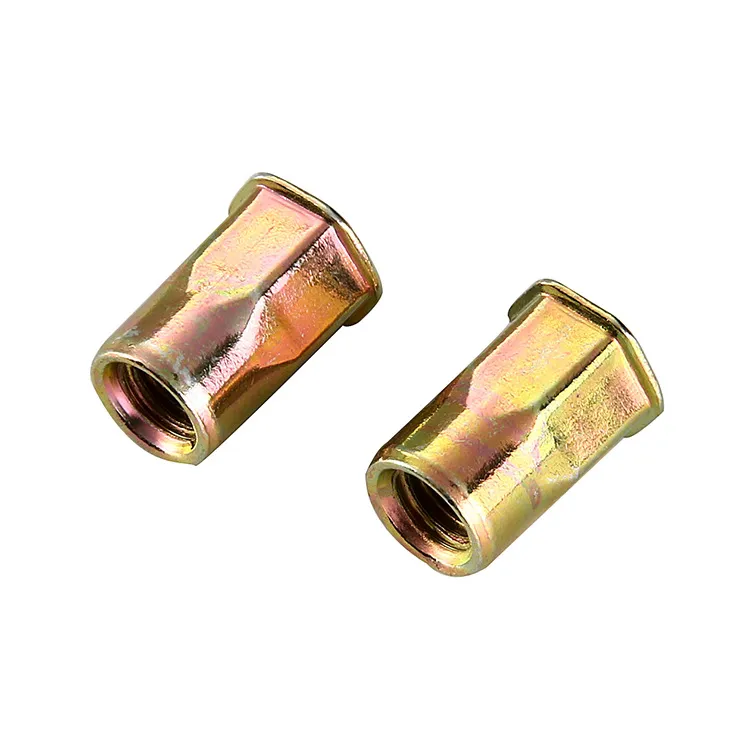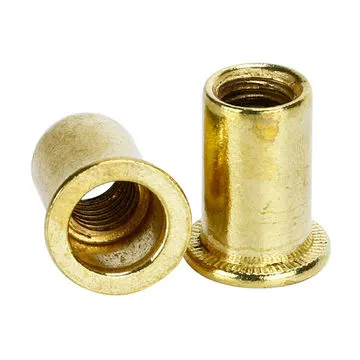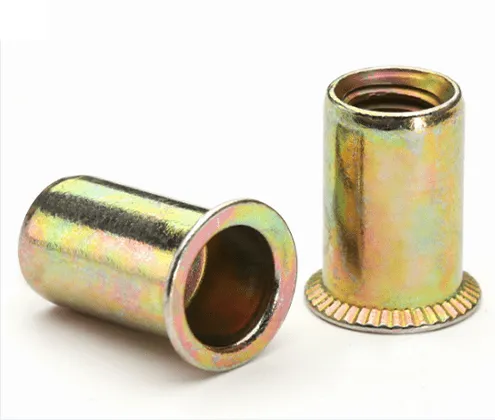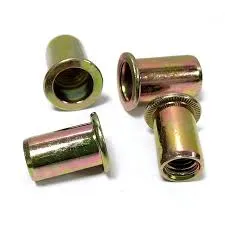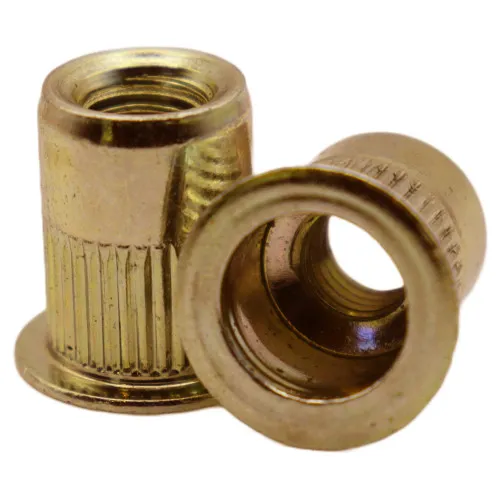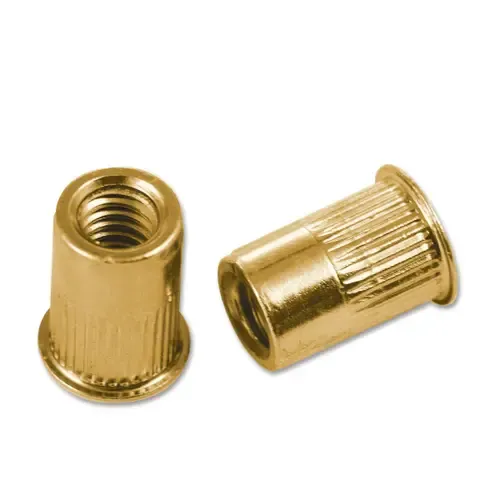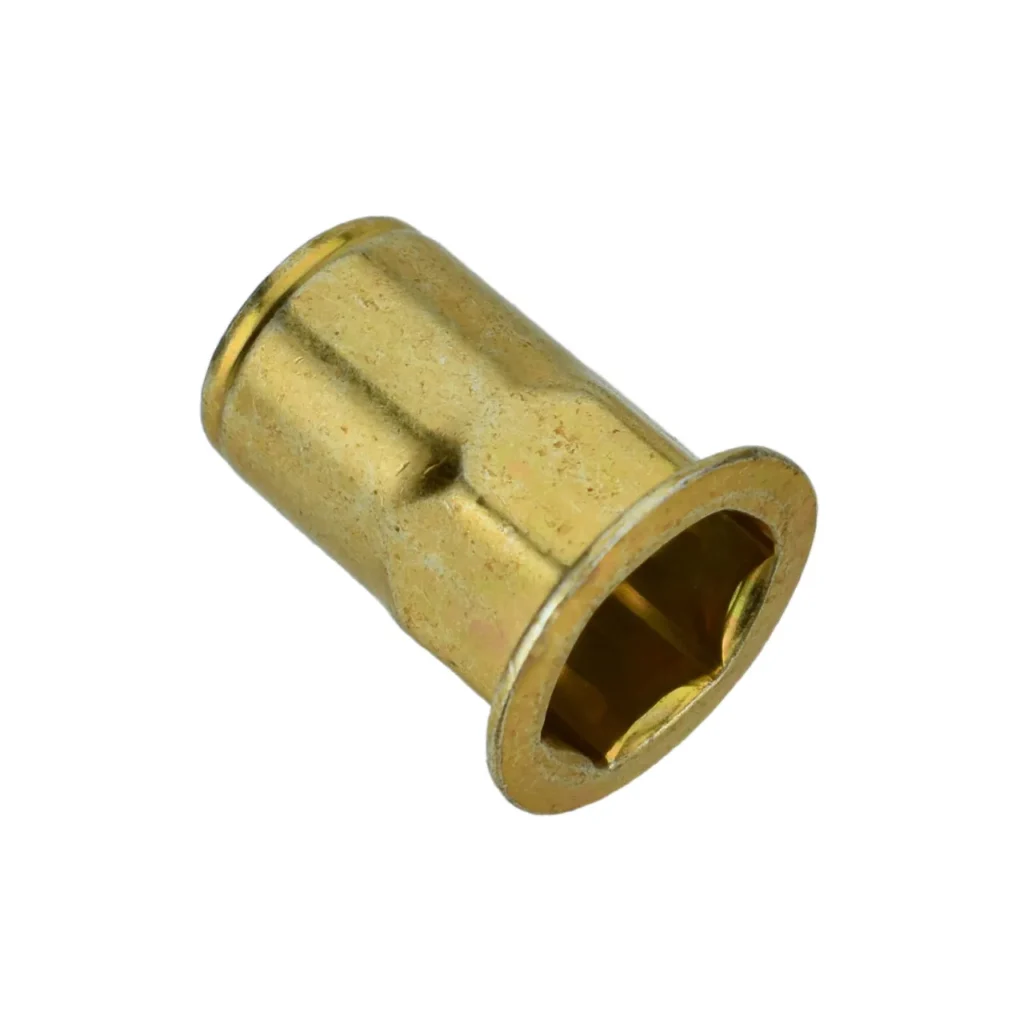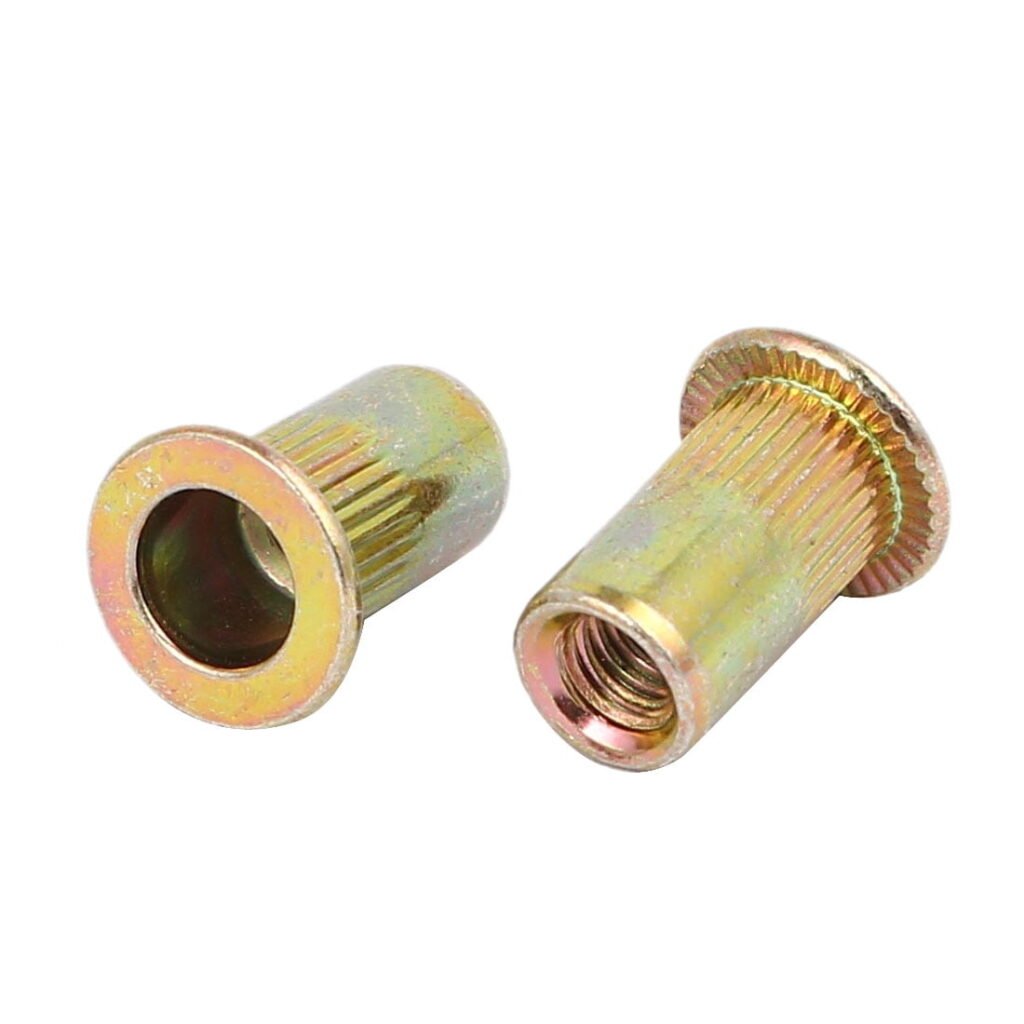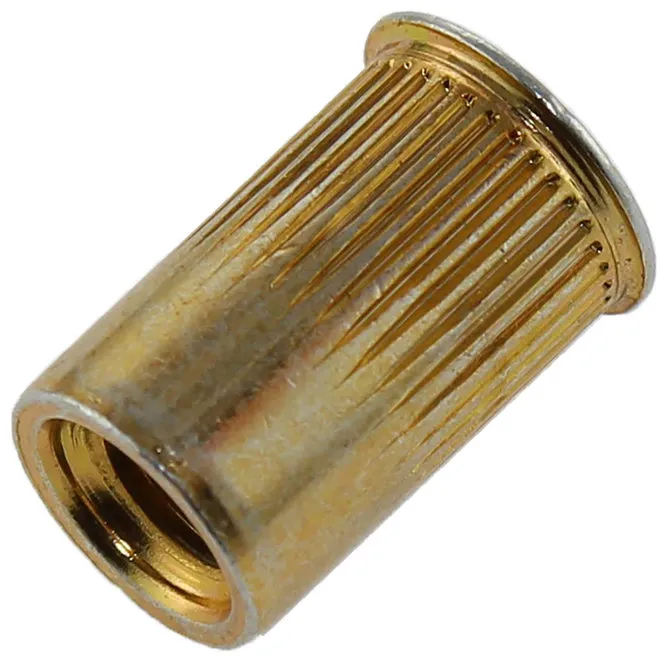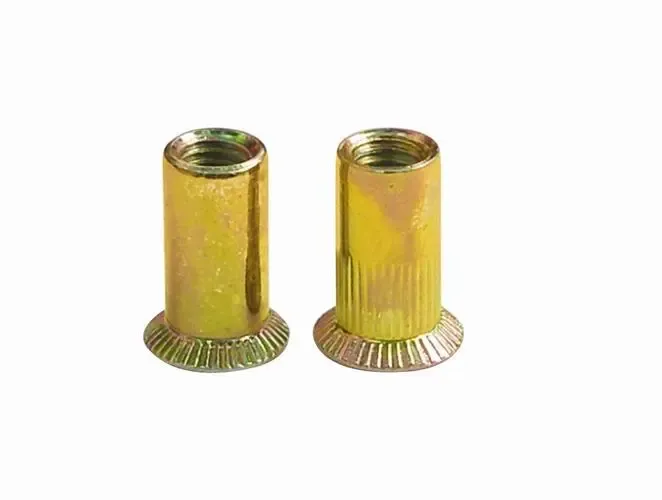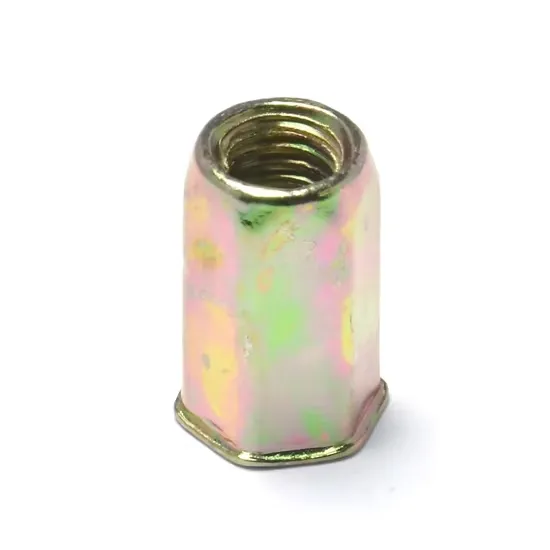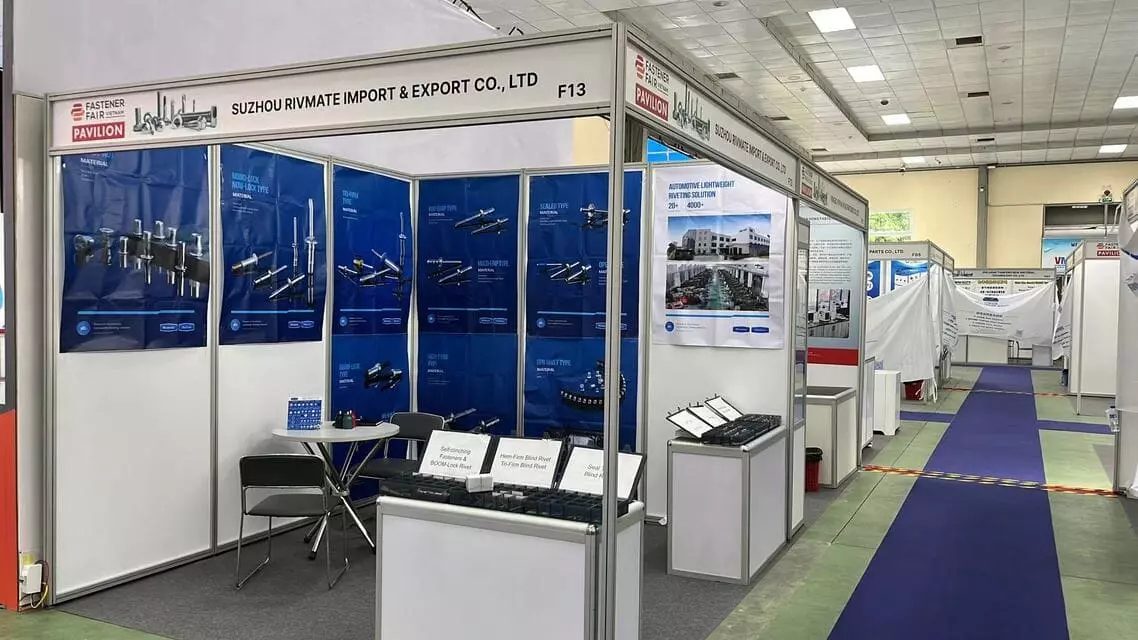Home » Copper Rivet Nut Inserts

Copper Rivet Nut Inserts
When you need a fastening solution that offers both strength and conductivity, copper rivet nut inserts are the perfect choice. Designed for superior corrosion resistance, excellent electrical performance, and ease of installation, copper rivet nut inserts are widely used in industries such as automotive manufacturing, electrical systems, HVAC, and heavy machinery.
Their lightweight yet durable construction allows you to create strong, permanent threads in thin or soft materials without the need for welding or tapping. Plus, copper’s natural resistance to oxidation makes these rivet nuts ideal for use in harsh environments, ensuring long-term reliability.
Our online shop offers a wide range of copper rivet nut sizes and styles to meet your specific application needs, all with fast delivery and top-quality assurance.
Whether you’re upgrading your production line or handling a custom project, trust our rivet nuts to deliver unmatched performance.
Browse our collection today and take your fastening solutions to the next level!
Related Products
Get a Free Quote Now!

custom rivet and rivet nut manufacturer
M4 Copper Rivet Nut Inserts
M5 Copper Rivet Nut Inserts
M6 Copper Rivet Nut Inserts
M8 Copper Rivet Nut Inserts
M10 Copper Rivet Nut Inserts
M12 Copper Rivet Nut Inserts
Hex Copper Rivet Nut Inserts
Round Copper Rivet Nut Inserts
Knurled Copper Rivet Nut Inserts
Countersunk Head Copper Rivet Nut Inserts
Flat Head Copper Rivet Nut Inserts
Reduced Head Copper Rivet Nut Inserts
Applications of Copper Rivet Nuts

Electrical Systems
Copper rivet nuts are widely used in electrical and wiring applications due to their excellent conductivity, ensuring secure and reliable connections for electrical components.

Automotive Industry
In the automotive sector, copper rivet nuts are used for securing parts, panels, and electrical components where a corrosion-resistant and conductive material is necessary.

Aerospace
Copper rivet nuts are used in aerospace applications for their strength and durability, especially in environments where high reliability and conductivity are essential.

Marine Industry
Due to copper's resistance to corrosion in marine environments, copper rivet nuts are ideal for use in boats, ships, and other watercraft.
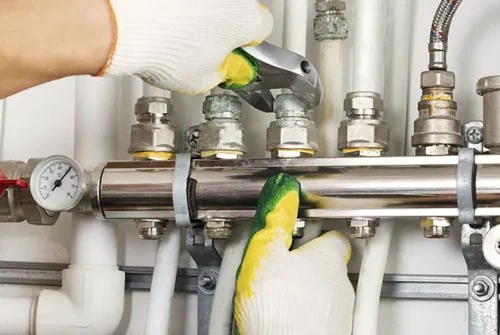
Plumbing and HVAC Systems
Copper rivet nuts are used in plumbing and HVAC systems where both strength and corrosion resistance are required for securing pipes and components.

Renewable Energy
In solar panel installations and other renewable energy systems, copper rivet nuts are used for their durability and conductivity in mounting and securing equipment.
Related Articles
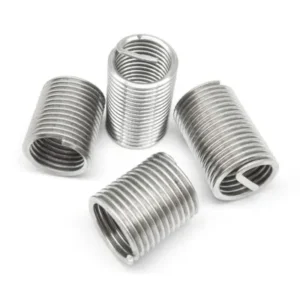
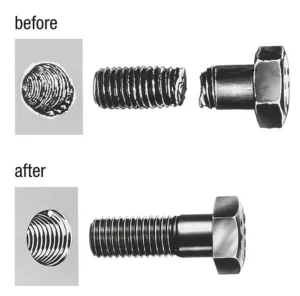
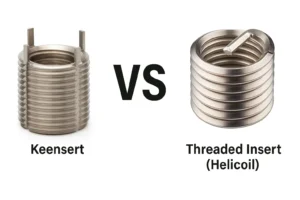
What Is the Difference Between Keensert and Threaded Insert?
What Is the Differen
FAQs About Copper Rivet Nuts
Why choose copper over other materials for rivet nuts?
- Excellent Electrical and Thermal Conductivity: Copper has outstanding electrical and thermal conductivity, making copper rivet nuts ideal for applications involving electrical connections, grounding, or heat dissipation—such as in electronics, electrical enclosures, and power systems.
- Superior Corrosion Resistance: Copper naturally forms a dense oxide layer when exposed to air, which helps resist further corrosion. This makes it suitable for humid, coastal, or industrial environments where long-term durability is essential.
- Easy to Install and Process: With moderate hardness, copper is strong enough for most light to medium load applications, yet soft enough to be easily machined and installed. It reduces wear on installation tools and improves operational efficiency.
- Lightweight Advantage: Copper is lighter than many alternative materials like stainless steel, making it suitable for weight-sensitive applications such as electronics, aerospace, and portable equipment.
- Eco-Friendly and Recyclable: Copper is highly recyclable and retains its value during reuse, aligning with modern demands for sustainable and environmentally responsible manufacturing.
Are copper rivet nuts suitable for outdoor use?
Yes, copper has natural corrosion resistance, making these rivet nuts ideal for many outdoor or marine applications, especially when conductivity or durability is required.
What are the disadvantages of copper rivet nuts?
Lower Mechanical Strength:
Copper is a relatively soft metal compared to steel or stainless steel. This means copper rivet nuts may deform under high loads or torque, making them less suitable for structural or high-stress applications.
Susceptibility to Galling:
Copper’s softness can lead to galling or thread wear, especially if repeatedly installed or removed. Over time, this can compromise thread integrity and holding power.
Higher Material Cost:
Copper tends to be more expensive than materials like aluminum or mild steel. This can increase overall production costs, particularly for high-volume applications.
Color Mismatch:
The reddish-brown appearance of copper may not blend well with components made from other metals or plastics, limiting its use in aesthetic or exposed applications unless plated or coated.
Potential for Electrolytic Corrosion:
When used in combination with dissimilar metals (e.g., aluminum or steel), copper can cause galvanic corrosion in the presence of moisture. Proper isolation or protective coatings are necessary in such cases.
Can copper rivet nuts be used in electrical grounding?
Yes, due to their high electrical conductivity, copper rivet nuts are excellent for grounding applications and electrical enclosures.
Are copper rivet nuts compatible with all types of fasteners?
Compatibility with Other Metals:
Copper rivet nuts are generally compatible with many common metals such as steel, aluminum, and stainless steel. However, in some cases, copper may cause galvanic corrosion (also known as “electrolytic corrosion”) when in contact with different metals, especially in humid or corrosive environments. Therefore, when copper comes into contact with other metals, proper protective measures, such as coatings or insulating washers, should be used.
Compatibility with Plastics:
Copper rivet nuts can also be compatible with plastic materials, especially in applications that require enhanced connection strength. However, due to the hardness of copper and the softness of plastic, care must be taken to manage the installation pressure to avoid damaging the plastic.
Thread Matching Issues:
The thread specifications of copper rivet nuts must match those of the chosen bolts or screws. If the selected bolts or screws are incompatible with the copper rivet nut’s thread specifications, installation difficulties or weak connections may occur. Common thread types for copper rivet nuts include standard metric threads (such as M6, M8) and imperial threads (such as 1/4-20).
Durability and Strength:
Since copper is softer than stainless steel or aluminum, copper rivet nuts may not be suitable for high-load or high-stress applications. For applications requiring high strength, stainless steel or alloy rivet nuts may be a better choice.
What thread sizes are available for copper rivet nuts?
Copper rivet nuts are available in both metric (e.g., M4, M5, M6) and inch (e.g., 6-32, 1/4-20) thread sizes to accommodate a wide range of fastening needs.
